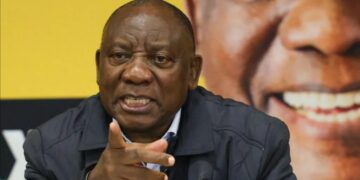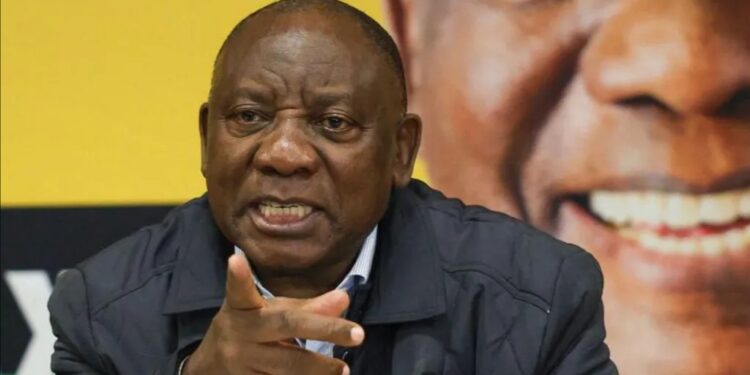By Emmanuel Nduka
South African President Cyril Ramaphosa will not attend the inauguration of U.S. President-elect Donald Trump, continuing a long-standing pattern of South African leaders being excluded from this high-profile event.
While the South African ambassador to the U.S., Ebrahim Rasool, will represent the country, Ramaphosa’s absence has raised questions about the state of U.S.-South Africa relations and the broader diplomatic implications.
Despite South Africa’s role as a key strategic partner to the United States, the South African presidency confirmed that no South African leader has ever attended or been invited to a U.S. presidential inauguration.
Vincent Magwenya, spokesperson for President Ramaphosa, stated that it is not customary for South African heads of state to receive such invitations, and there is no precedent for it.
Reports suggest that Trump’s guest list for the January 20 event focuses primarily on leaders who align closely with his political vision. Notable invitees include Italian Prime Minister Giorgia Meloni, Argentine President Javier Milei, and former Brazilian President Jair Bolsonaro.
This selective approach has led some to speculate that diplomatic preferences and political alignments may have influenced the decision not to extend an invitation to Ramaphosa.
Trump’s previous term (2017-2021) saw strained relations with African nations, particularly after his controversial remarks about the continent.
South Africa, along with several other African countries, formally protested Trump’s comments, while the African Union demanded an apology. In addition, under Trump’s administration, U.S. foreign direct investment in Africa decreased significantly, while China increased its investments, particularly in South Africa.
The exclusion of Ramaphosa from Trump’s inauguration underscores ongoing tensions and the shifting dynamics of global alliances. As South Africa continues to navigate its foreign policy, the lack of invitation to such a significant event serves as a reminder of the evolving U.S.-Africa relationship and its implications for the future.




































